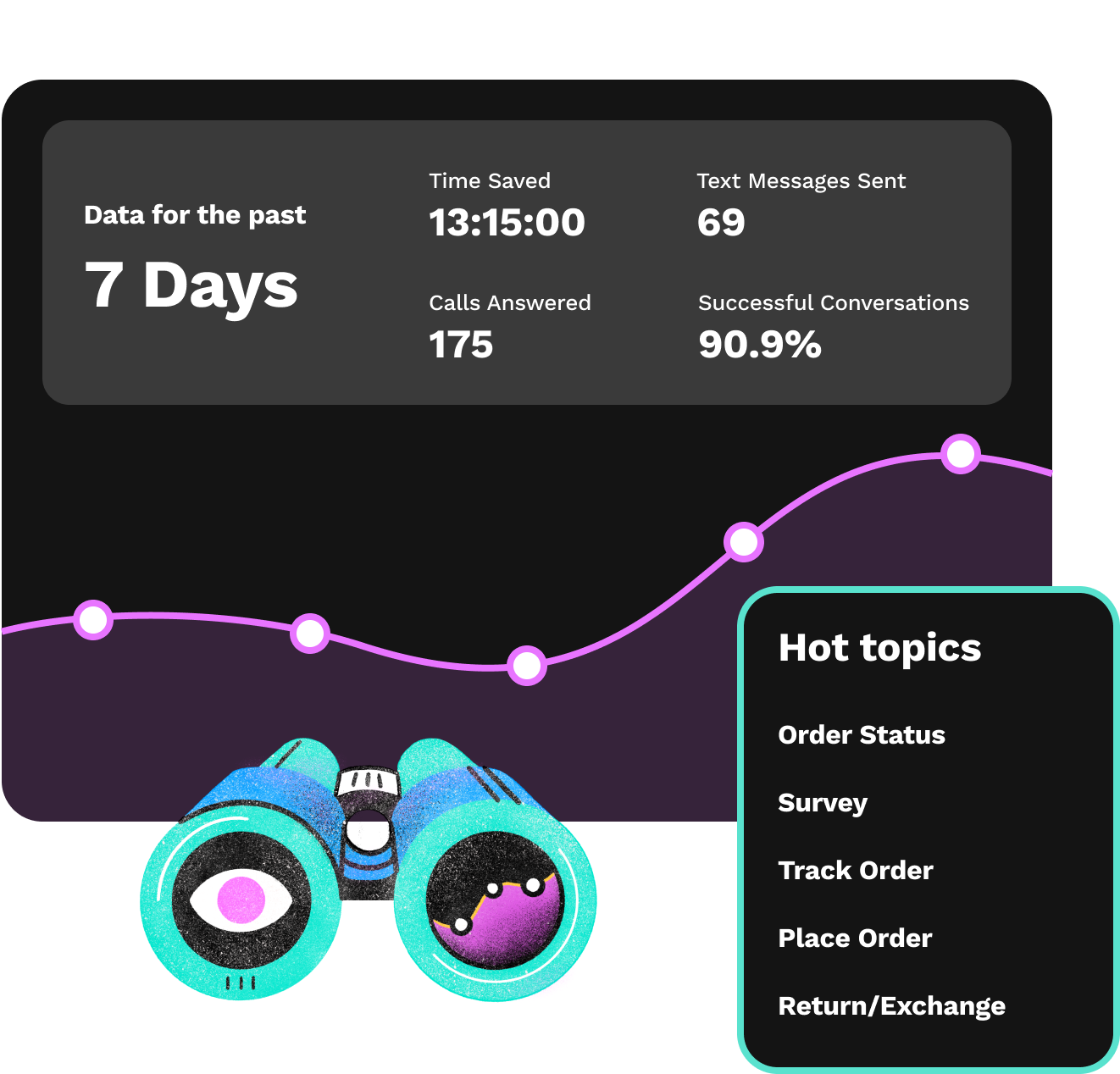
Slang taps AI to answer phone calls for brick-and-mortar businesses

For business owners, phone calls can be an enormous time waster. Take the restaurant industry, for example. Calls can lead to more important tasks being overlooked, like doing inventory, balancing staff schedules, running payroll and fixing equipment issues. The issue, exacerbated by the pandemic, is so severe that restaurants are increasingly abandoning their phone lines.
Alex Sambvani and Gabriel Duncan, who met while working at Spotify, set out to solve the problem of overwhelming incoming calls using AI, drawing on their backgrounds as data scientists. What emerged from their joint work is Slang.ai, a platform that automatically answers the phone for restaurants, retailers and other types of brick-and-mortar businesses.
“Slang acts like a reliable team member that gives accurate responses and helps drive more revenue, giving businesses AI superpowers and empowering them to provide exceptional service to callers and streamline operations in a personalized manner,” Sambvani told TechCrunch via email.
In plainer, less jargony and fluffy English, Slang acts as a sort of digital phone concierge that answers questions and takes — or modifies — reservations, including OpenTable and Resy reservations via integrations. Using Slang, callers can book or modify reservations or even simply let a business know that they’re running late.

Image Credits: Slang.ai
Businesses can decide which calls Slang handles automatically versus hands off to staff. Sambvani claims that Slang’s automatic speech recognition works for callers of all ages and understands different accents — an impressive feat if true, given automatic speech recognition tech’s historically poor handling of diverse dialects.
“Many brick-and-mortar businesses are understaffed, causing them to miss calls and send potential customers to voicemail where they lose out on potential revenue,” he continued. “Slang provides its clients access to previously unknown data about why customers are calling … [And it] can surface trending reasons why customers are calling and can help operators proactively identify opportunities or issues, such as a location getting an abnormal amount of complaints relative to other locations.”
Slang isn’t the only startup selling a vision of tech to cut down on unnecessary phone interactions. There’s Goodcall, which offers a free cloud-based, AI-powered conversational platform to manage incoming phone calls. Kea is building phone-answering AI specifically for restaurants. So is ConverseNow, whose AI voice assistants take orders in quick service restaurants via the phone, chat, drive-thru and self-service kiosks.
So what does Slang bring to the table that sets it apart? A large customer base, mainly, According to Sambvani, Slang has over 200 clients today, including Slutty Vegan, Palm House Hospitality Group, Studs, Planta, Hammitt and Nikki Beach Miami. Revenue grew 6x in 2022.

Image Credits: Slang.ai
That success led investors to pour $20 million into Slang — $8 million as a part of a seed round and $12 million in a Series A. Homebrew led the latter with participation from Stage 2 Capital, Wing VC, Underscore VC, Active Capital and Collide Capital.
Sambvani says that the proceeds will be used to establish new partnerships and integrations in the restaurant, hospitality, retail and ecommerce industries, grow Slang’s go-to-market team and expand headcount from 18 employees to 40 by the end of the year.

